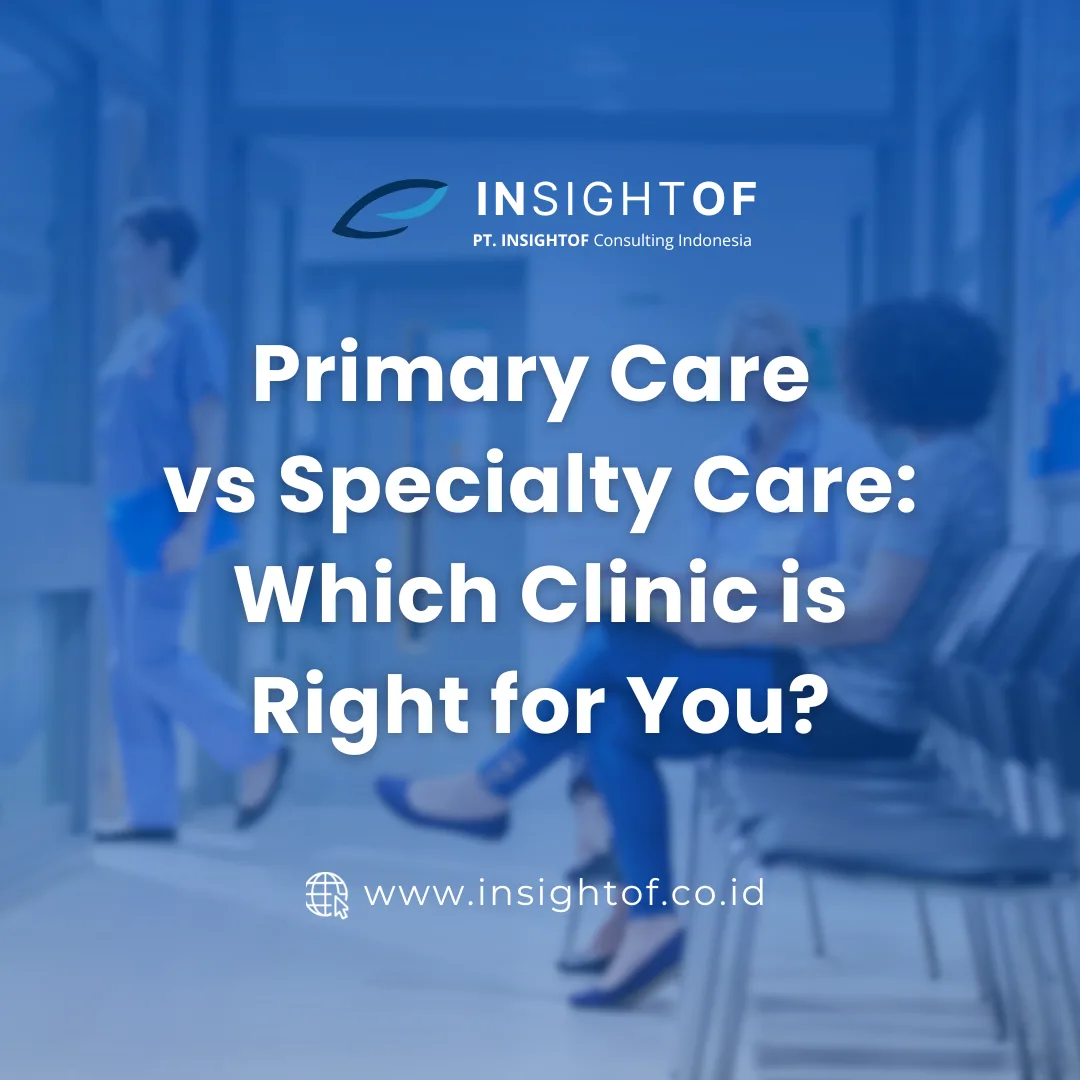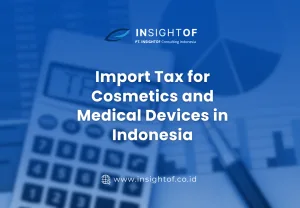Considering opening a clinic or just looking for the right one? Before you decide, let’s explore the differences between Primary Clinics and General Clinics. These two types of clinics have unique strengths but also significant differences. This article will help you understand which one is the best fit for your needs.

Table of contents
What is a Clinic?
A clinic is a healthcare facility that provides medical services delivered by professional healthcare providers. According to the Regulation of the Minister of Health of the Republic of Indonesia (PERMENKES RI) Number 9 of 2014, A clinic is a health service facility that provides individual health services, including basic and/or specialized medical services.
Clinics can be categorized based on their management:
- Government-operated Healthcare Facilities: Operated by government agencies such as the Ministry of Health, the Indonesian Armed Forces (TNI), or the Indonesian National Police (POLRI).
- Private Clinics: Managed by the community, either individuals, corporations, or legal entities.

Primary Clinic (Klinik Pratama)
A Primary Clinic is a healthcare facility that provides essential medical services, both general and specialized. Depending on the fulfillment of specific requirements, it may operate as either an outpatient or inpatient facility. Examples of Services Offered at a Primary Clinic:
- Consultations with general practitioners or dentists.
- Basic medical procedures, such as minor surgeries performed without general or spinal anesthesia.
- Administration and management of medical records.
Medical Personnel in a Primary Clinic:
The clinic must include at least the following combinations of medical personnel:
- 2 general practitioners.
- 2 specialists in primary care services.
- 1 general practitioner and 1 specialist in primary care services.
- 2 dentists.
For inpatient care, additional healthcare professionals are required, including:
- Pharmacists and pharmacy technicians.
- Nursing staff.
- Nutritionists.
- Medical laboratory technologists.
Responsibilities of a Primary Clinic Supervisor:
- The supervisor must be a general practitioner, a specialist in primary care services, or a dentist.
- They must hold a valid Practice License (Surat Izin Praktik, SIP) and can only supervise one clinic.
- The supervisor must be an Indonesian citizen (Warga Negara Indonesia, WNI).
Specialty Clinic (Klinik Utama)
A Specialty Clinic is a healthcare facility that provides specialized medical services or a combination of basic and specialized medical services. This type of clinic may focus on one or more specific types of healthcare services. Examples of services offered at a Specialty Clinic:
- Consultations with medical specialists or dental specialists.
- Emergency care services.
- Laboratory and radiology examinations.
- Advanced medical procedures, including:
- Minor and intermediate surgeries, excluding those requiring inhalation or spinal general anesthesia.
- Major surgeries are prohibited at Specialty Clinics (as determined by the relevant professional organization)
Medical Personnel in a Specialty Clinic:
The clinic must employ at least:
- Two medical specialists.
- Two dental specialists.
- A combination of medical and dental specialists tailored to the clinic’s services.
For inpatient care, additional health professionals include:
- Pharmacists and pharmaceutical technical personnel.
- Nursing staff.
- Nutritionists.
- Medical laboratory technologists.
Responsibilities of a Specialty Clinic Supervisor:
- A medical specialist or dental specialist relevant to the clinic’s services.
- Must hold a valid Practice License (SIP) and can only be responsible for one clinic.
- Must be an Indonesian citizen (WNI).
Key Differences Between Primary Clinics and Specialty Clinics

Conclusion
Primary Clinics and Specialty Clinics differ significantly in terms of the medical services they provide, the standard of medical staff, and the types of surgical procedures allowed. Primary Clinics focus on basic and simple services, whereas Specialty Clinics offer broader and more specialized services. Understanding these differences is essential for selecting the right healthcare facility or planning to establish a clinic in compliance with applicable regulations.








